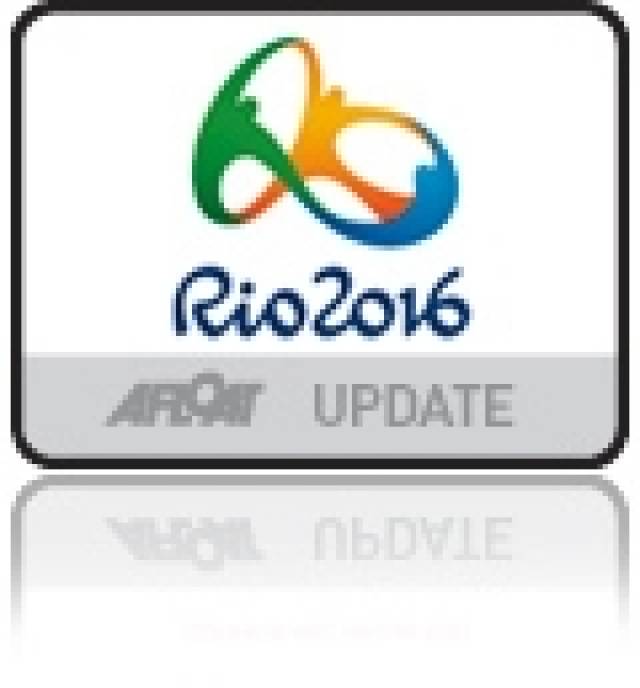#ifds – The IFDS World Sailing Championships gets underway at Kinsale Yacht Club in County Cork this weekend led by John Twomey, ten-time Irish Paralympian and current President of the International Federation of Disabled Sailing.
"Over the years fellow sailors have listened to me talking about Ireland and the beauty of Kinsale and the west cork region so when Kinsale won the bid to host this event, friends from all over the world committed to travelling" Stated John Twomey, Paralympic sailor.
In addition to the participants and families, Kinsale has been visited by a number of Diplomatic delegations from Russia and the Czech Republic with further visits planned from other Ambassadors including the Australian and Dutch delegations over the coming week. Carlo Croce, President of ISAF (International Sailing Association Federation) will visit Kinsale for the final days racing, as will a number of international TV crews who are filming documentaries on the event.
The event will be officially opened on Sunday 25th August at 6pm in the James O'Neill Memorial building in the centre of Kinsale by Mayor of Kinsale Cllr Tony Cierans and Cork MEP Brian Crowley. A parade to Kinsale Yacht Club to present nation's flags will follow the official opening.
There will be a practice race on Sunday 25th August at noon and racing will commence on Monday 26th August with two races scheduled daily starting at 12 noon until Friday 30th August.
The organising committee, led by Regatta Director John Stallard, have been working solidly for over two years to host this major event. Kinsale Yacht Club was redeveloped in the last year without grants and public funding and €800,000 was invested through fundraising by the members and a bank loan that was secured.
Kinsale Marina has been closed to visiting boats for the duration of the event and berth holders were asked to relocate their boats for up to three weeks as approximately one third of the marina was required to host the competing boats and support boats.
"We are very grateful to the Kinsale Yacht Club members who have assisted the organising committee but this is also much bigger than just a sailing event. Cork County Council and every business owner in the town has worked with us so we can showcase Kinsale and so that all our visitors can enjoy our wonderful tourism product" stated John Stallard, Event Director.
Over 100 people have volunteered for the week for various roles from meet & greet, stewards, race office, administration and on the water support.
Earlier this week the International Paralympic Committee (IPC), together with the International Association for Disabled Sailing (IFDS), announced the four 'Ones to Watch' athletes for the World Championships and upcoming Paralympic cycle. The IPC's 'Ones to Watch' initiative showcases the top athletes around the world on the road to the next Paralympic Games, and all four of the identified sailors have won medals on the Paralympic stage with their stories have increasingly become known throughout the media. All four athletes will be competing in Kinsale next week.
Headlining the list is Great Britain's Helena Lucas, the gold medallist in the 2.4mR single-person keelboat at London 2012. She was the only female athlete competing in her event at the last Paralympics and has become a household name in Great Britain for her performance on the Weymouth waters. Germany's Heiko Kroeger joins Lucas on the list as another athlete in the single-person keelboat event. Kroeger finished second behind Lucas at London 2012, but the Sydney 2000 Paralympic champion is a veteran in the sport, and with Audi sponsoring him is aiming to reach the top of the podium in Rio for the first time in 16 years.
The final two selections – Norway's Aleksander Wang-Hansen and the Netherlands' Udo Hessels – compete in the sonar three-person keelboat event. Hessels, who won the event in London with teammates Marcel van de Veen and Mischa Rossen, has been sailing competitively since he was 25, when he took up the sport as part of his rehabilitation after suffering a spinal-cord injury due to a tumour in his back. Wang-Hansen finished with the bronze medal at London 2012 and comes from a sporting family. He is the older brother of Sebastian Wang-Hansen, who competed at the London 2012 Olympics in windsurfing, and he is the cousin a Mats Wang-Hansen, who was a world champion in sailing back in 2000.































































